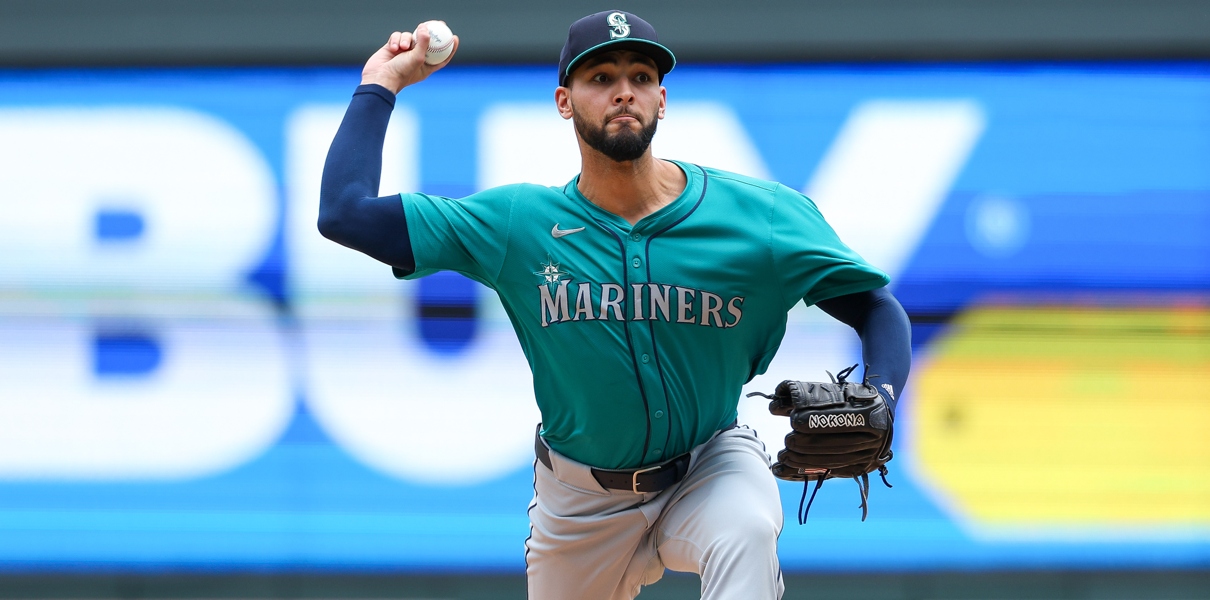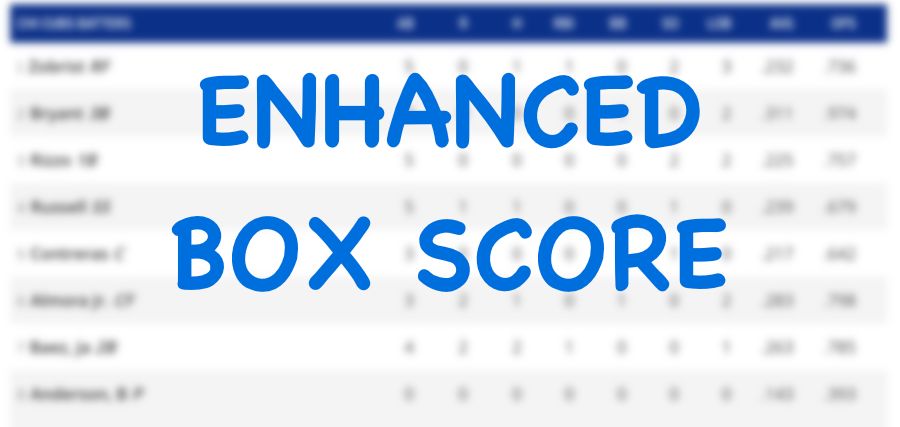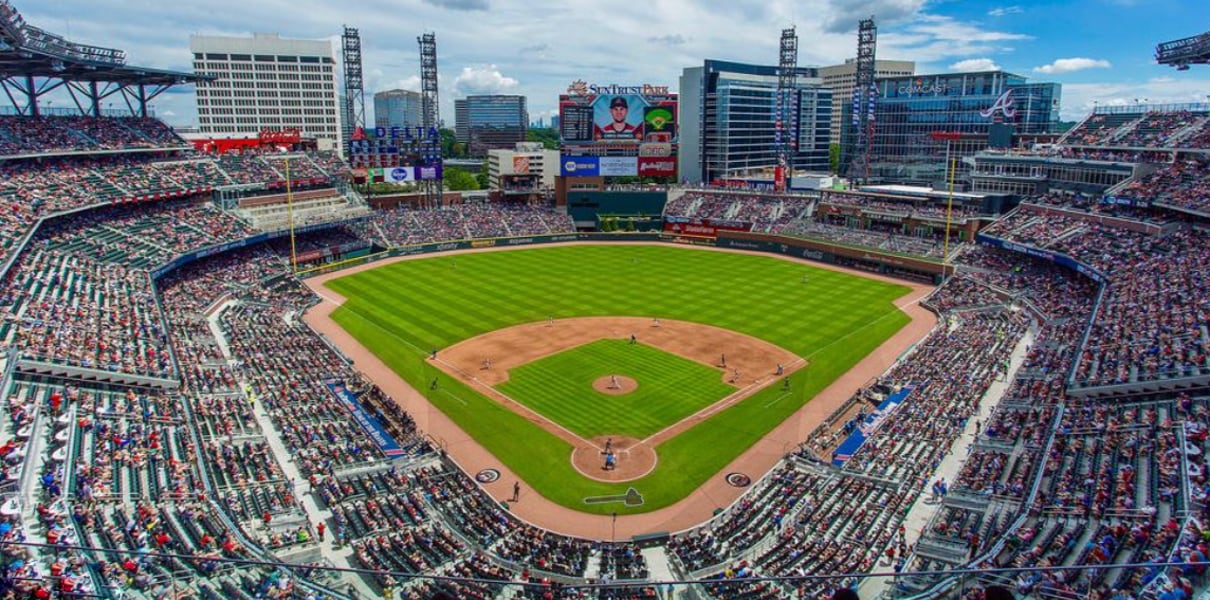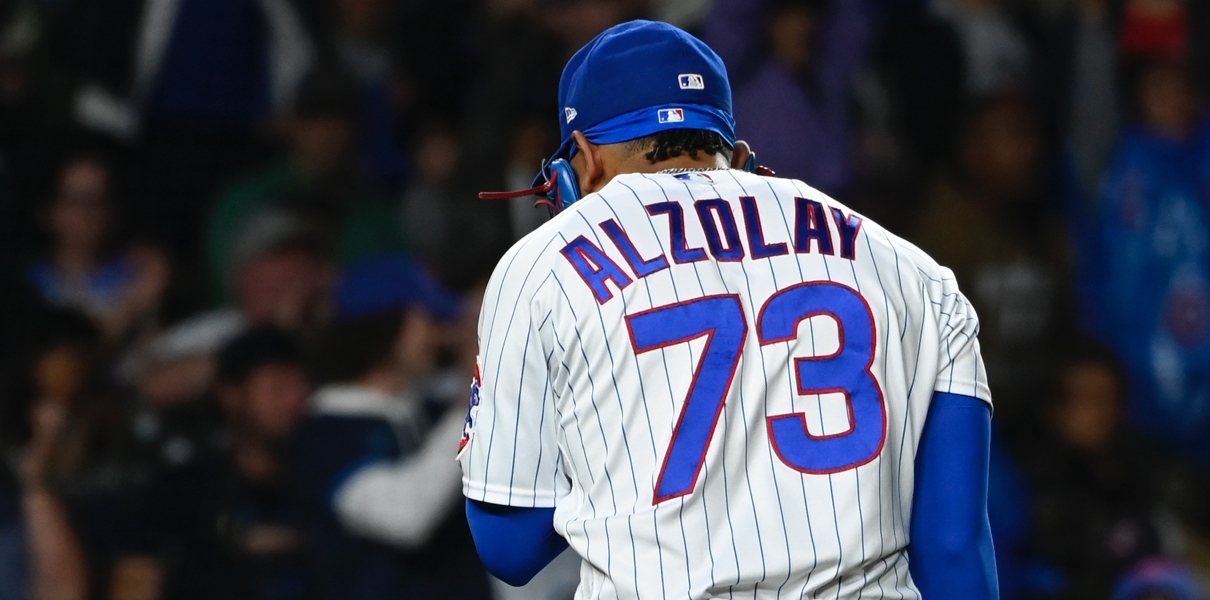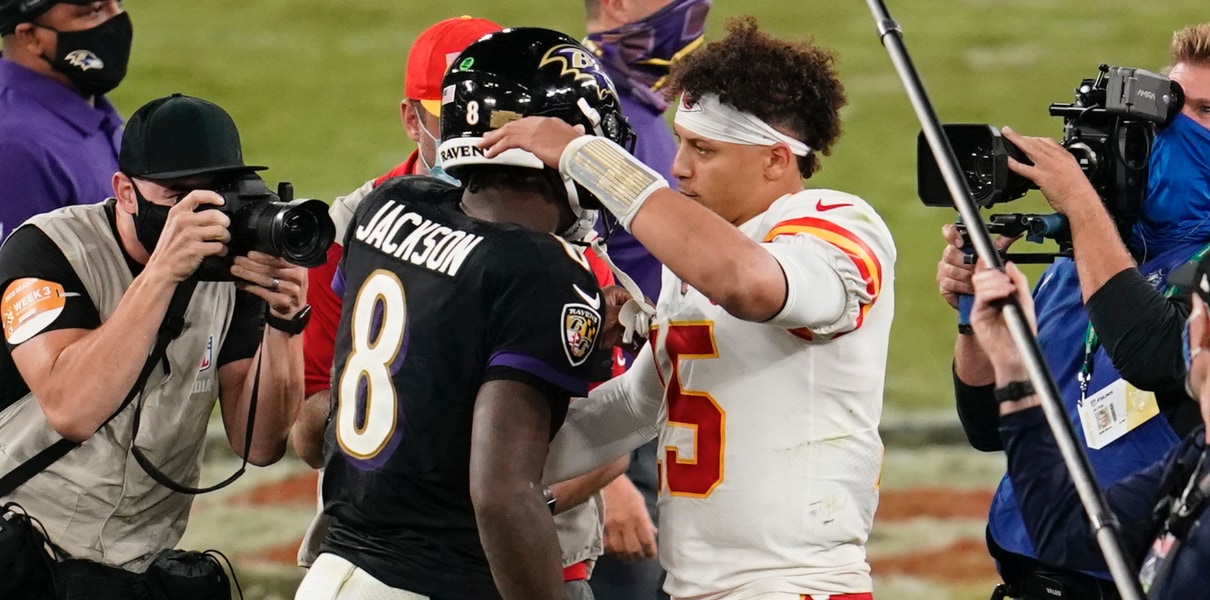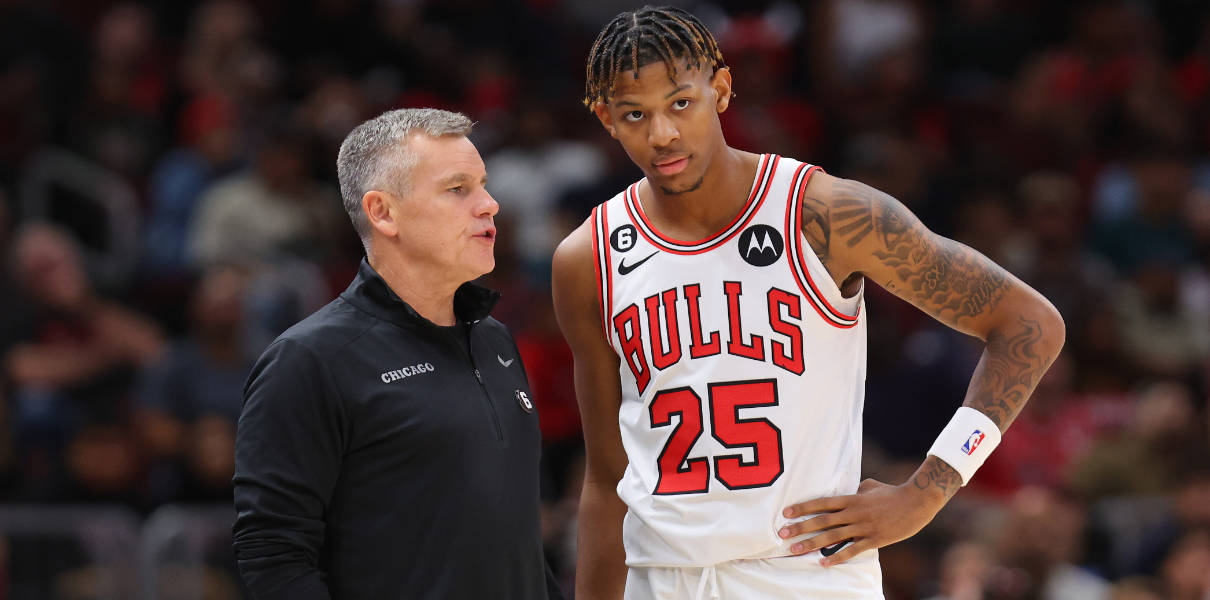Let’s take a quick step back from the actual games being played and the afterglow of the trade deadline/rumor madness, to look at some broader MLB-related news.
As I’m sure you know by now, the current collective bargaining agreement is set to expire at the end of this season, which means that the next few months will be filled with negotiations, arguments, concessions, rule changes, and more.
Already, we’ve gotten word that some huge changes could be coming to help improve offense, shorten the time of games, make the sport safer, make the sport more interesting, attract a younger audience, etc., but those aren’t the only or the biggest considerations. Pace-of-game may have taken over most of the spotlight – given it’s relative importance to the future of the sport – but there is another realistic, but significant change still being considered: shortening the season.
MLB Commissioner Rob Manfred recently addressed this issue specifically.
[adinserter block=”1″]
At Newsday.com, David Lennon discusses the proposed schedule reduction and Commissioner Manfred’s comments, framing the issue from its simple beginnings. “The practicality of playing 162 games in the span of 183 days — as influenced by the often grueling scheduling demands of TV networks — is a topic that is generating plenty of discussion between MLB officials and the union.” If you recall, both the American and National League bumped up to 162 games in 1961 and 1962 respectively, once both teams had ten teams in their league. Although it has been that way for over 50 years, then, players have complained about the rigors of traveling, the effect it has on their body, and their ability to play the game at 100%.
It is in this way, that shortening the schedule has gained momentum.
Of course, MLB and the individual teams/owners aren’t going to shorten the schedule so easily. After all, fewer games means fewer tickets, far fewer concessions/merchandise sales, and thus, less profits. In fact, Manfred made sure to point out the expected loss in revenue and the likelihood that all involved parties (speaking, clearly, to the players) will have to share in those loses (salary cutbacks). In fact, Manfred flatly stated, “You want to work less, usually you get paid less.”
That said, Manfred does see a path to producing more off-days in the schedule, and is willing to have that discussion this offseason. It’ll simply cost the players, both figuratively and literally, it seems. MLBPA Executive Director Tony Clark had a response.
[adinserter block=”2″]
As expected, Clark doesn’t believe the players in his union should get paid less, because he doesn’t believe the league is offering less (games/product), at least directly. According to Clark, fewer games, “would give players the opportunity to be on the field a higher percentage of the time, competing at a higher level.” Essentially, his argument goes, MLB will offer quality over quantity. In the article, Lennon intimates that he understands the line of thinking, but believes “figuring out how to do that without interrupting the current revenue streams” is going to be quite a challenge.
Clark doesn’t agree that there needs to be a discussion about a loss/rollback of salary. If there are fewer games, Clark argues, the value of any one will go up. To be clear, he isn’t discussing an increase in ticket prices (which would make more sense, to be honest), he’s talking about the idea of … I’ll just let him explain it. “What I’m talking about is the idea that if I’m a fan coming to a ballpark, or I’m purchasing a season ticket, I know I’m going to see my guys as a result of x, y, z being done to make improvements to their overall health.”
That’s all well and good, but I’m not quite clear on how that makes up for the loss in revenue if it’s not associated or tied to an increase in the price of admission. [Brett: More total tickets sold? Better prices for TV rights?]
At the end of the day, I don’t feel too strongly about this issue in either direction. If the league and players can find a way to shorten the schedule while keeping everyone happy, 154 will work just fine for me. That’s still a heck of a lot of baseball and plenty of time for Kris Bryant to break the single season home run record.* I’m just hoping this doesn’t turn into yet another contentious issue in the offseason.[adinserter block=”3″]
*[Brett: For those curious, Barry Bonds played in 153 games the year he hit 73. That said, unless the game changes in a very fundamental way at some point, that record isn’t going to be touched any time soon.]










